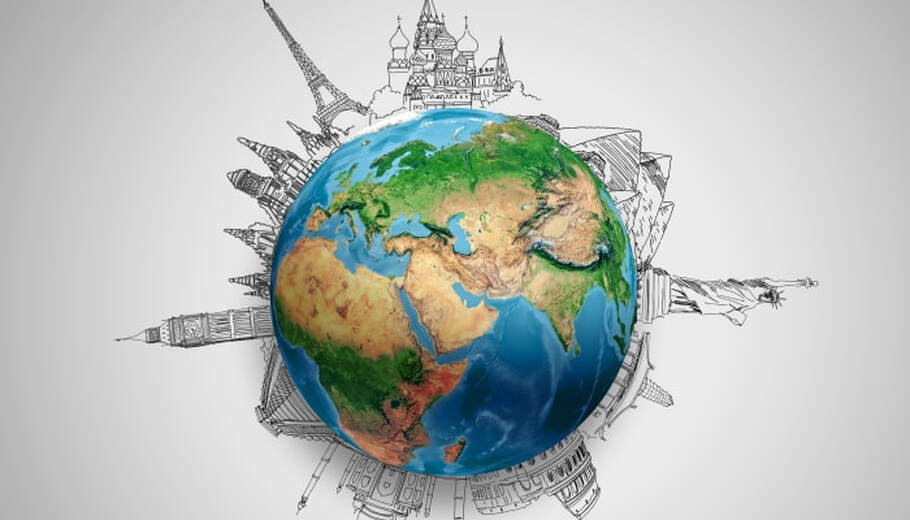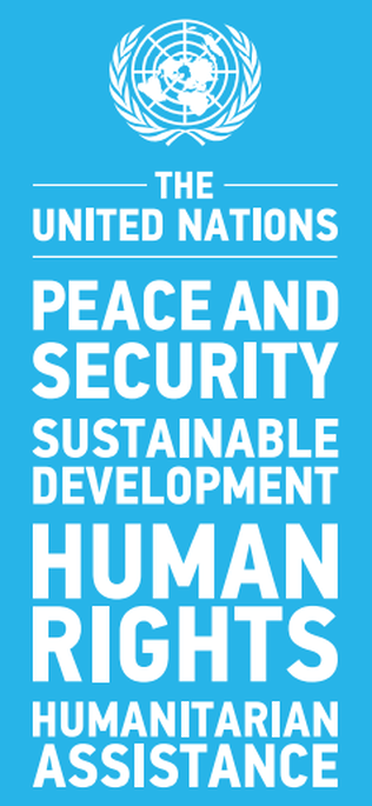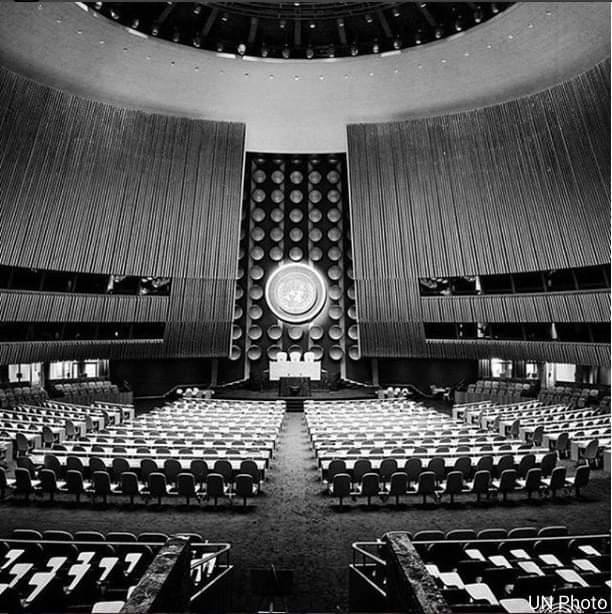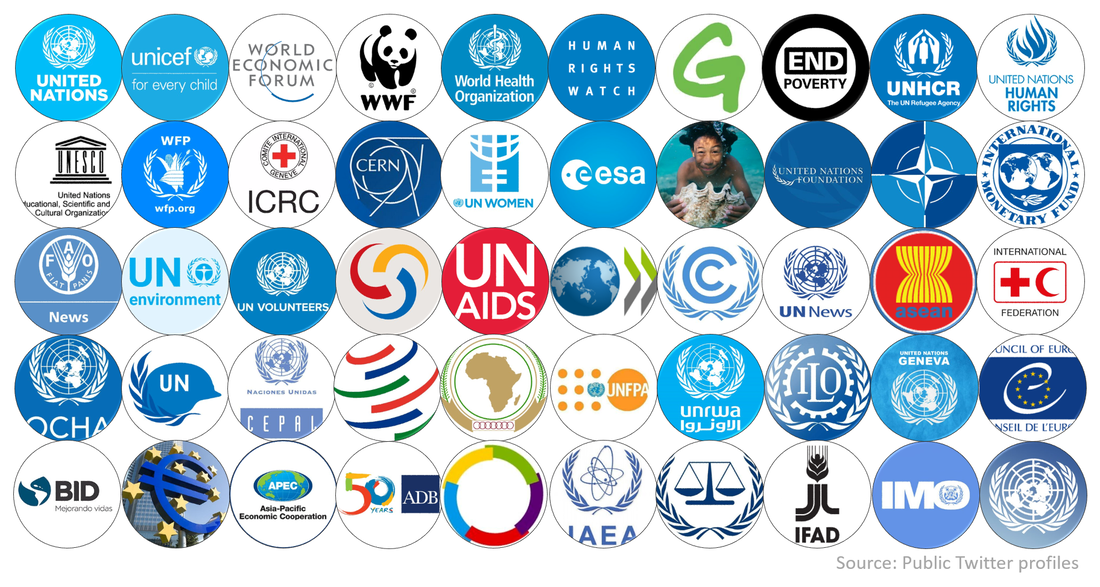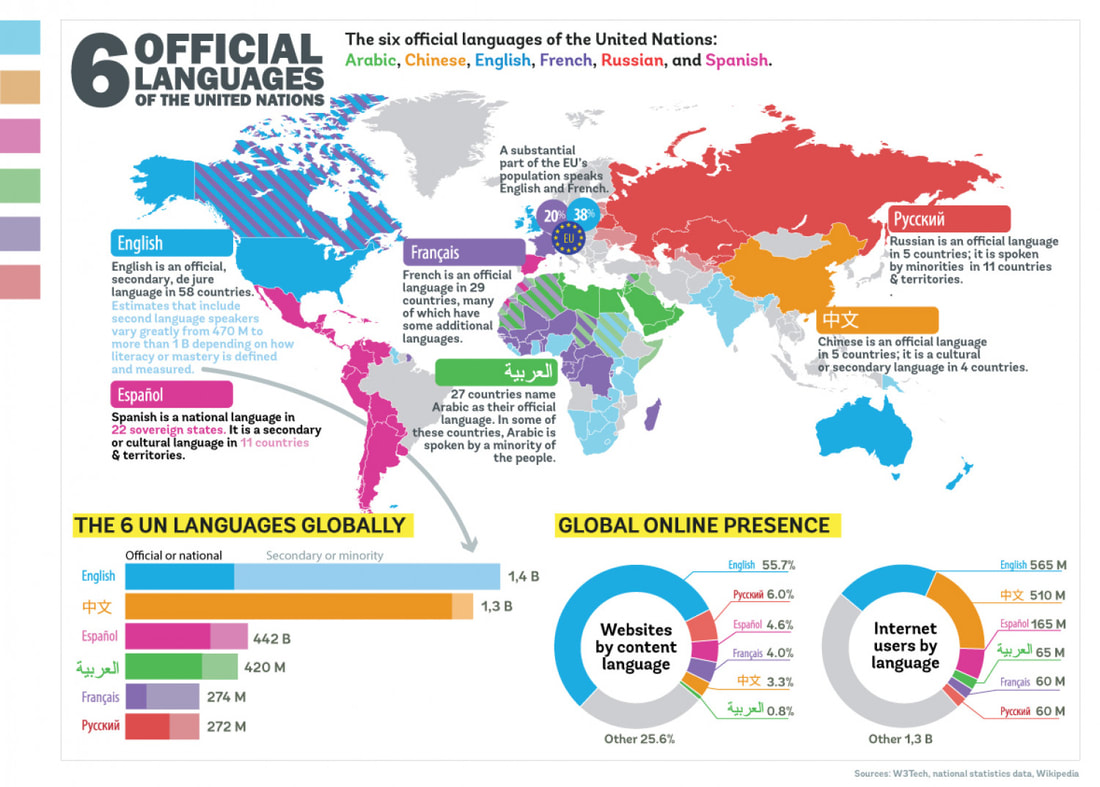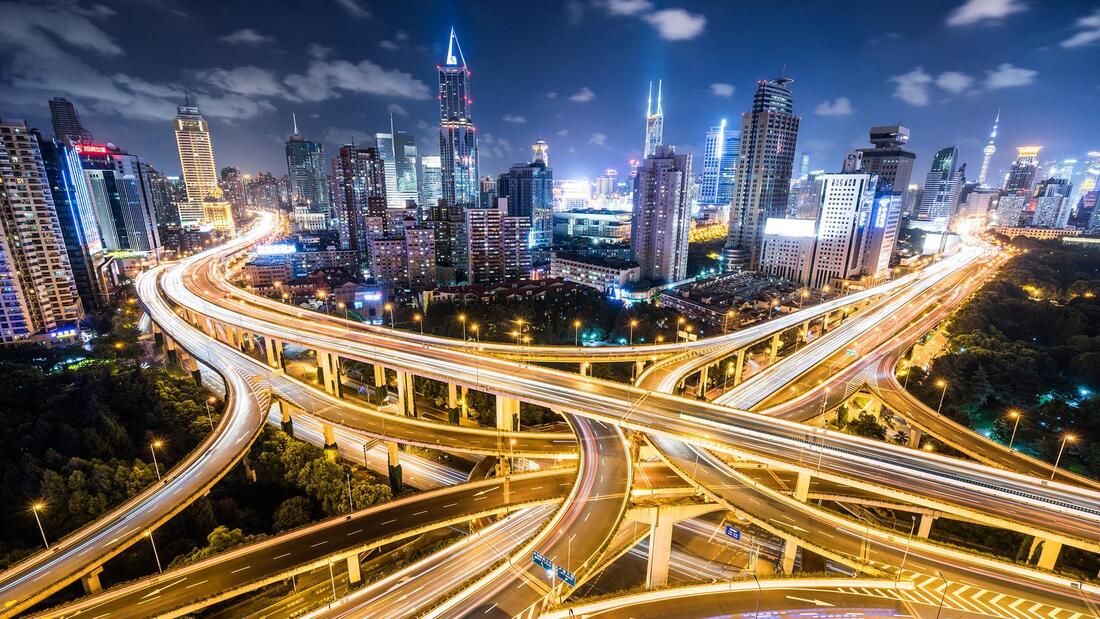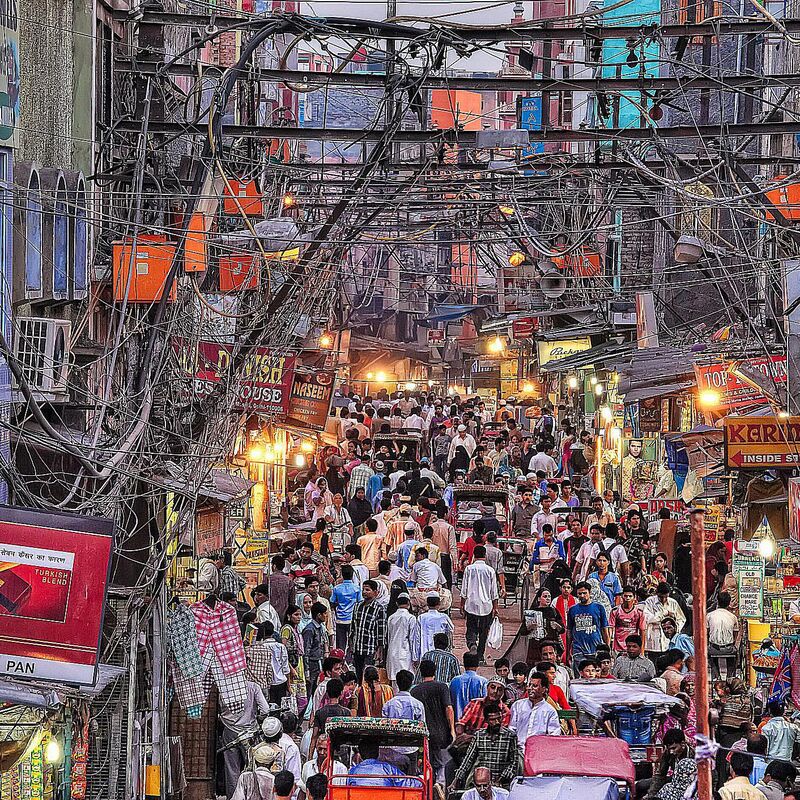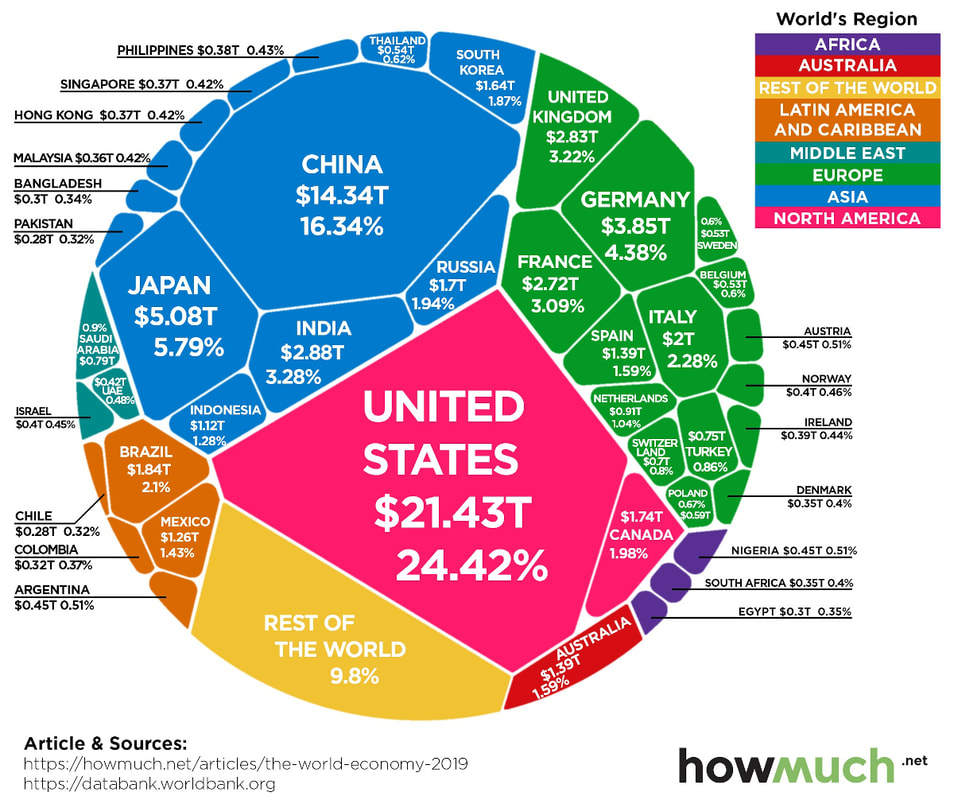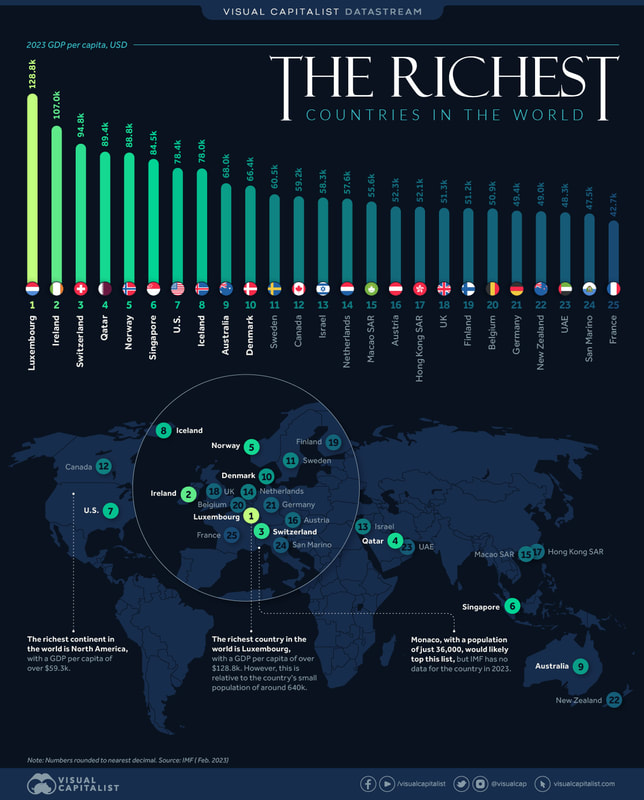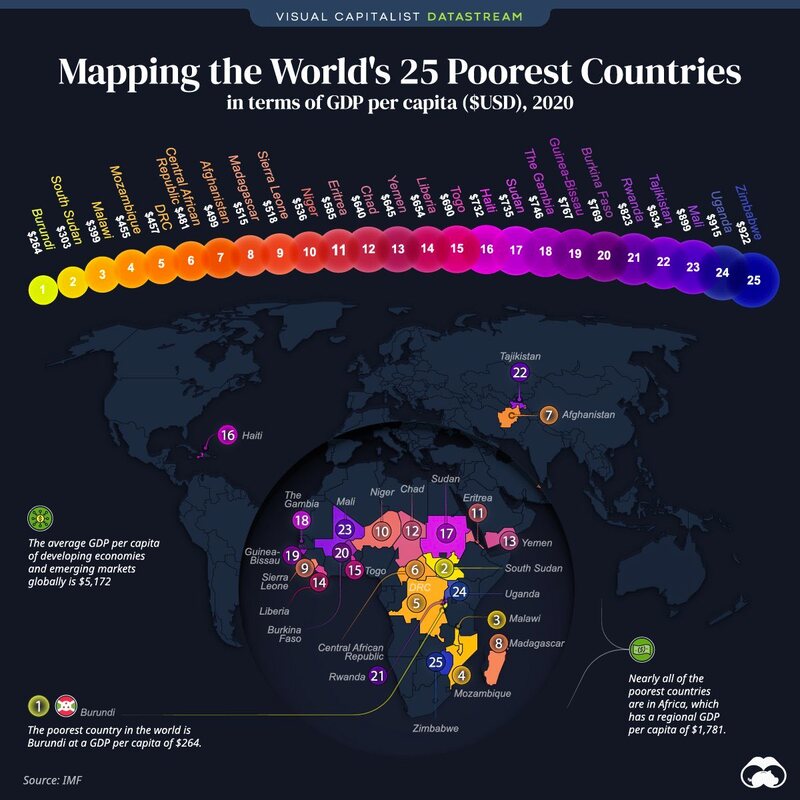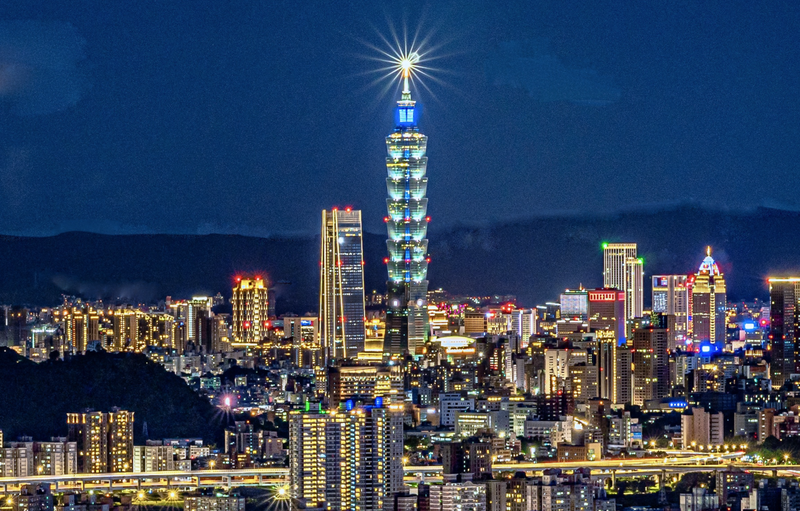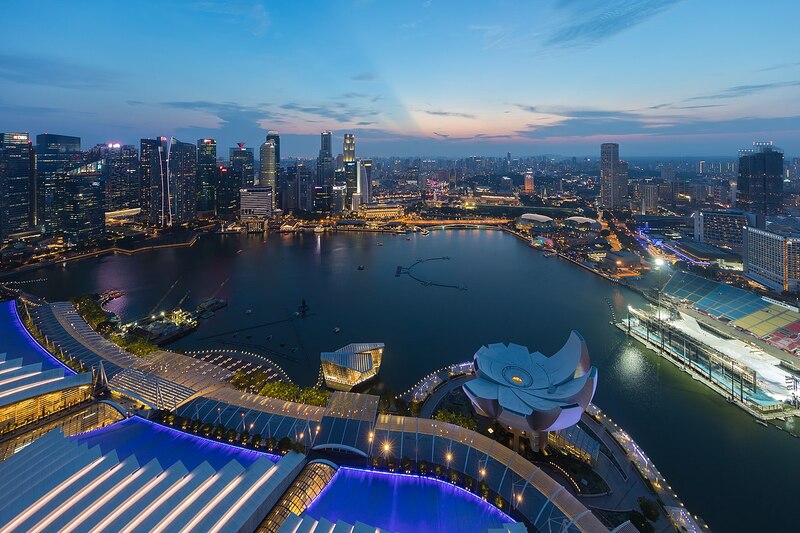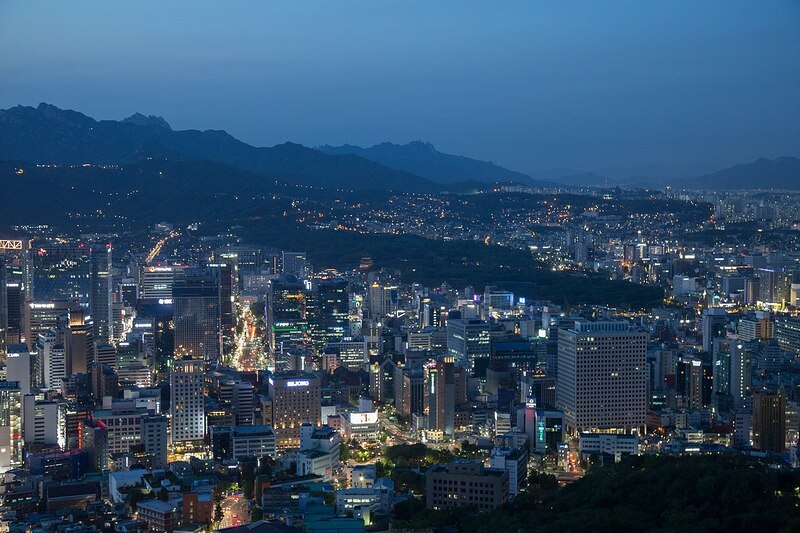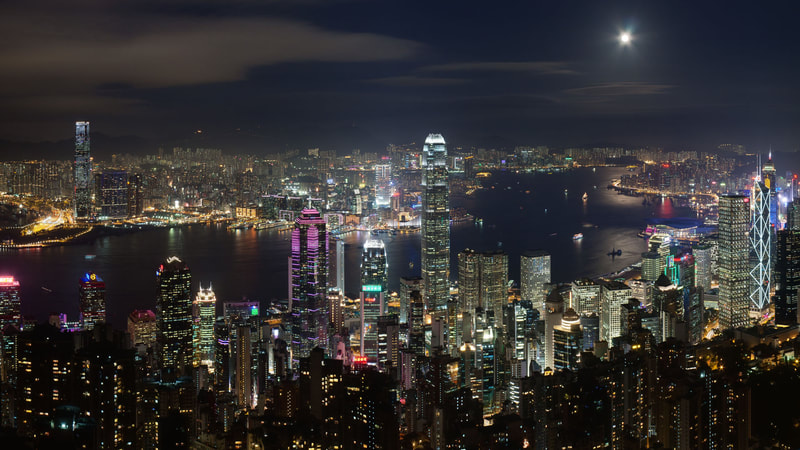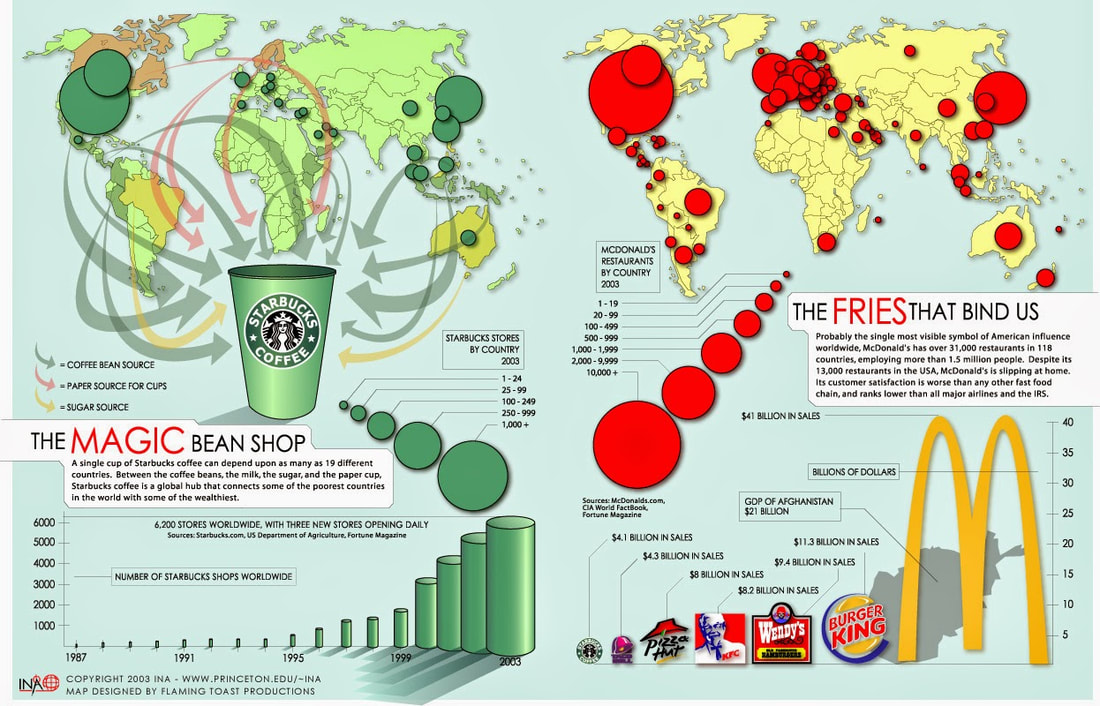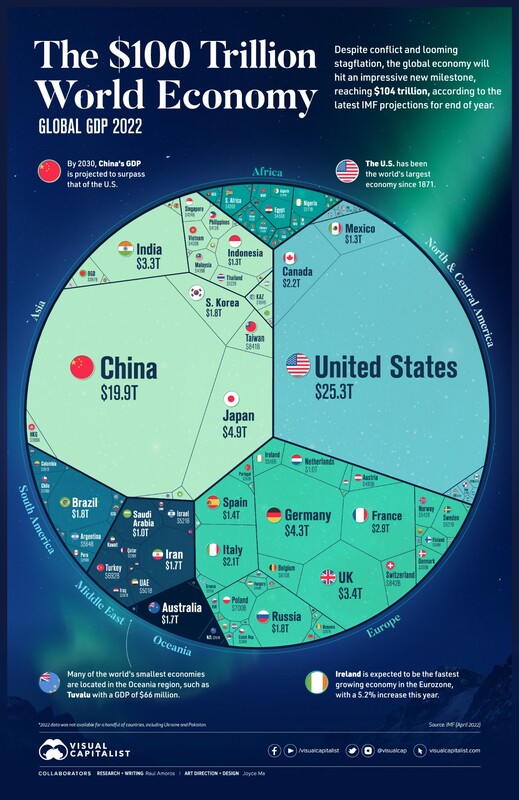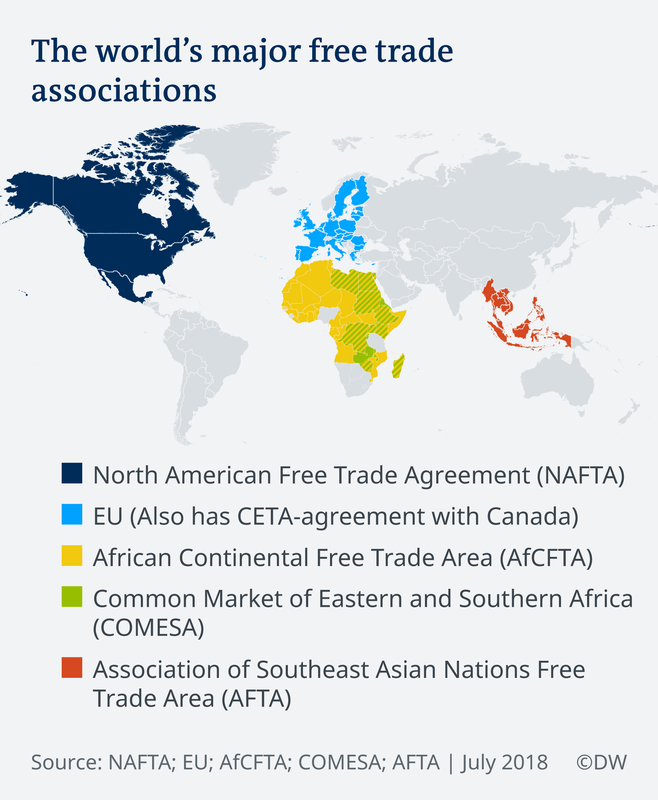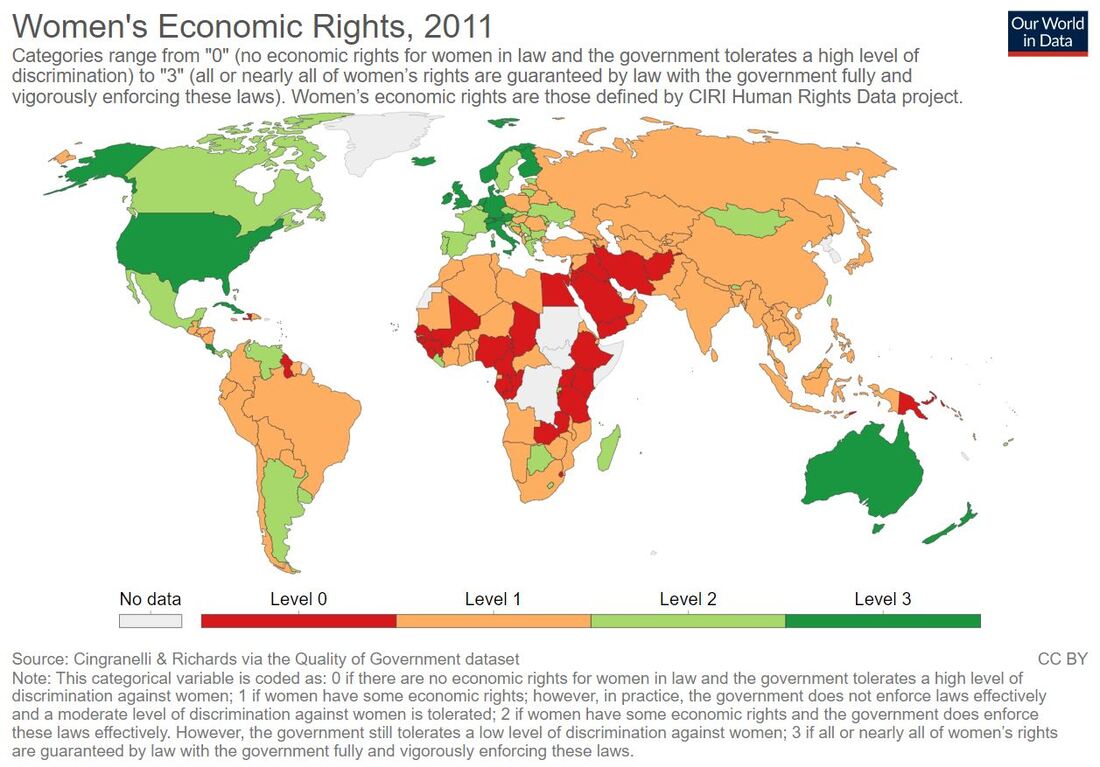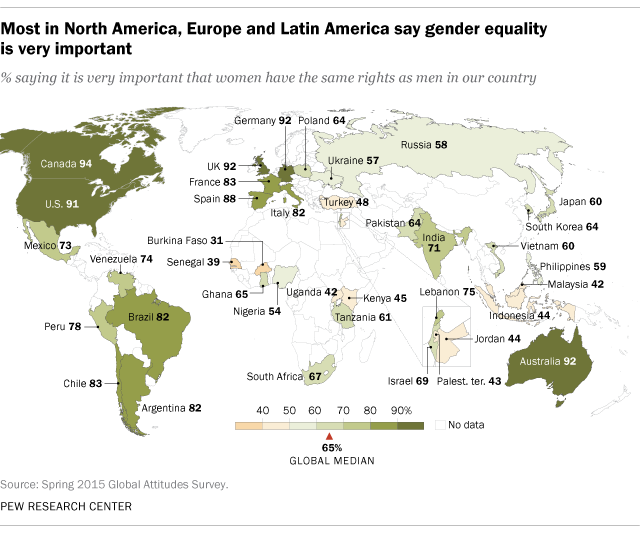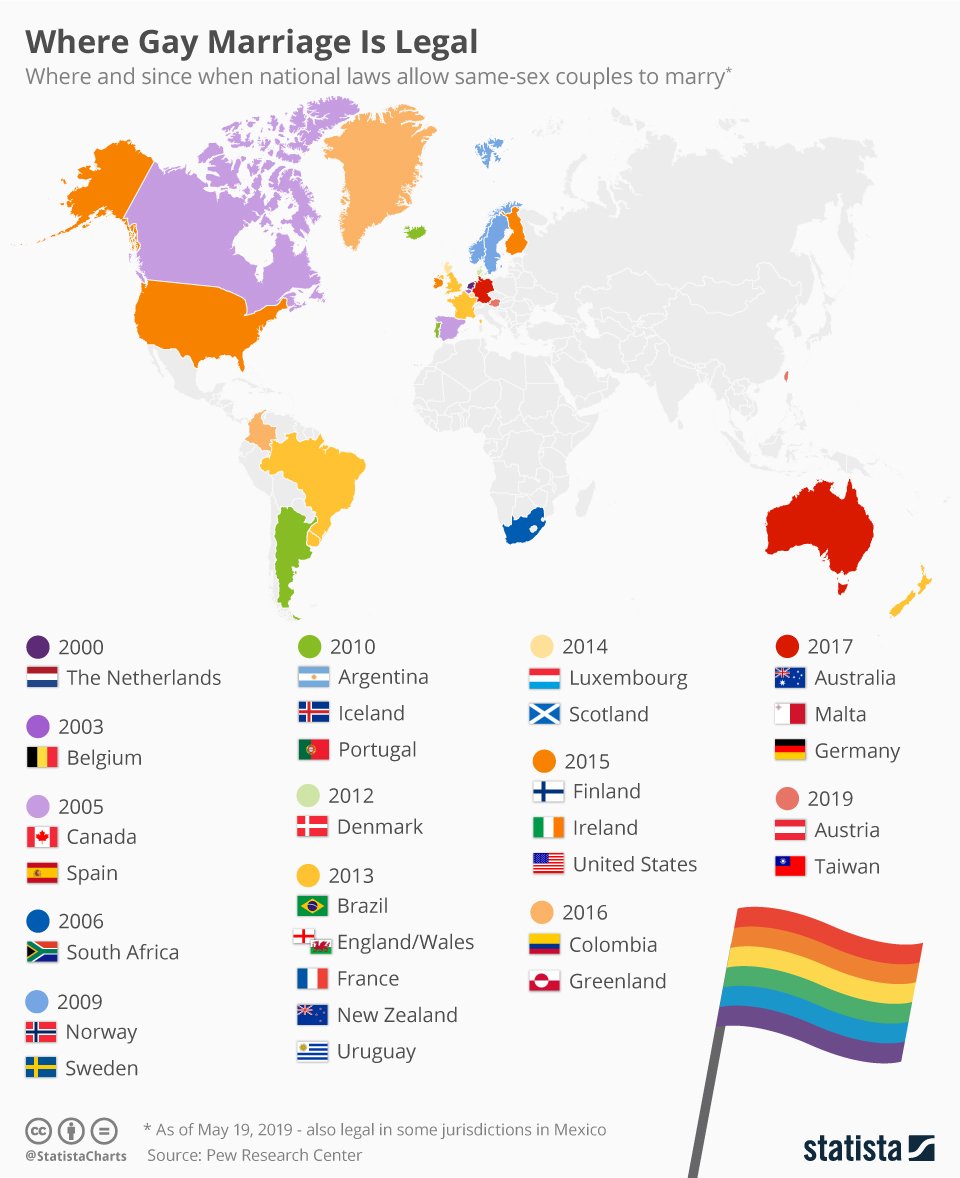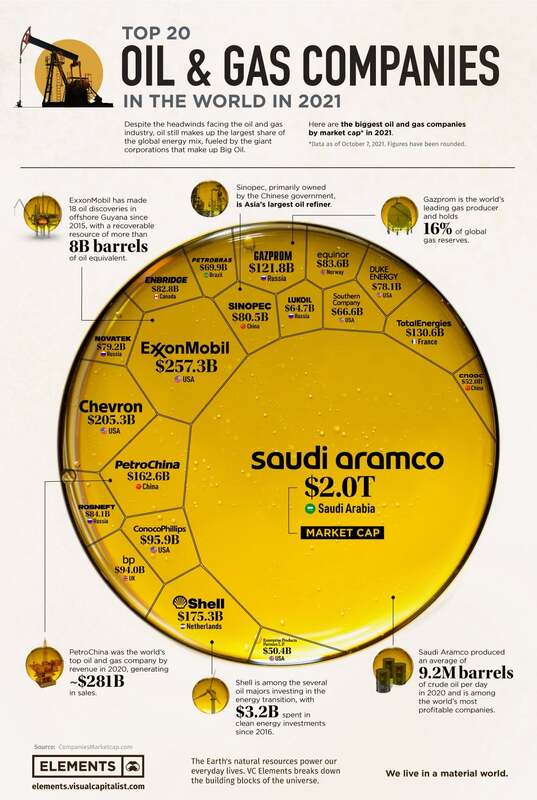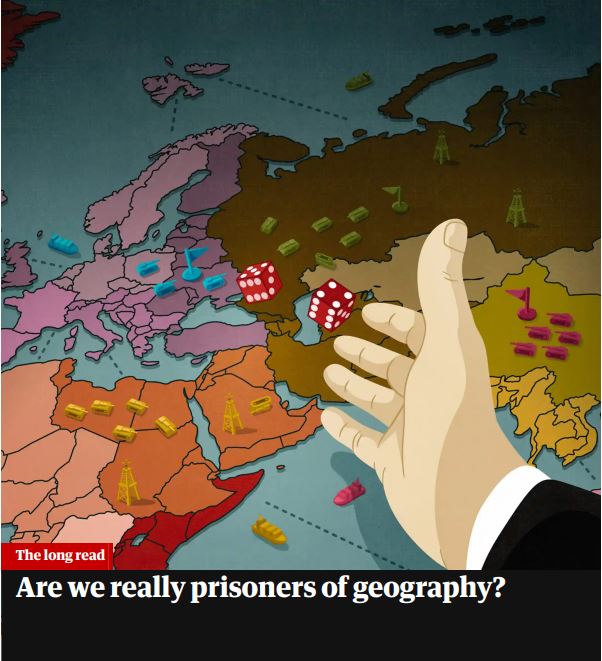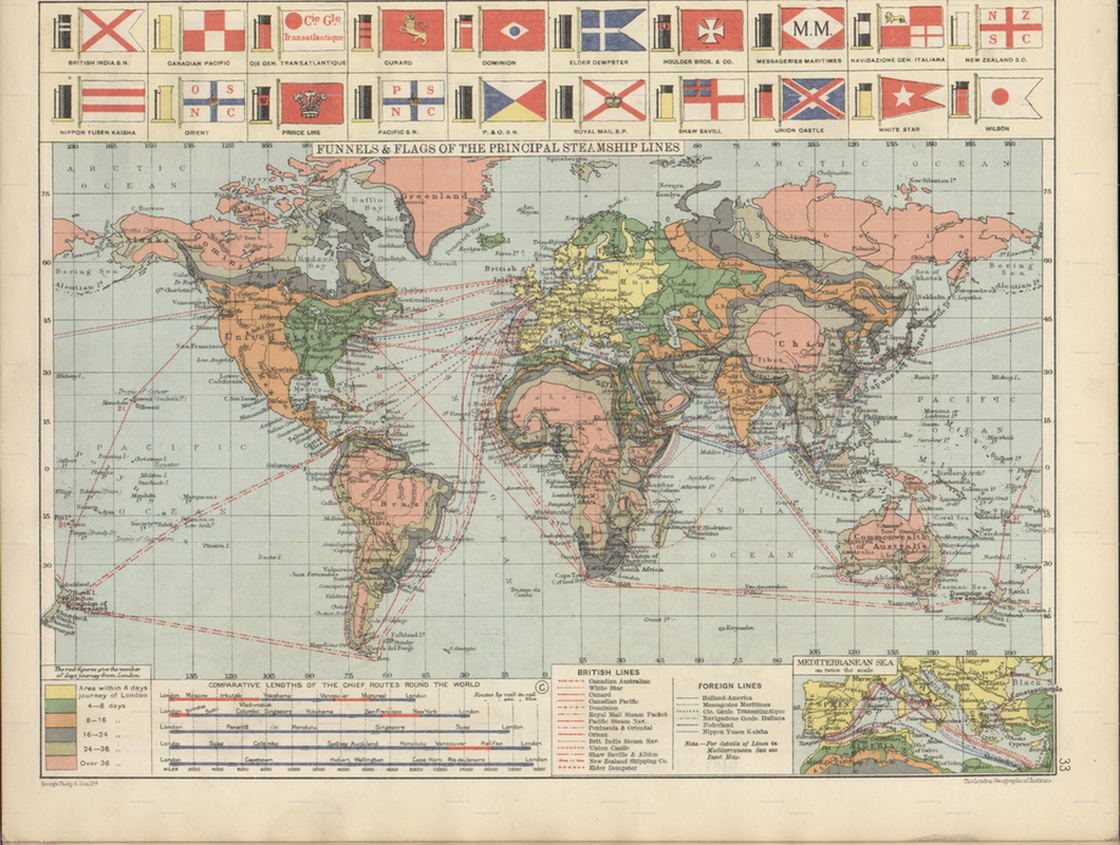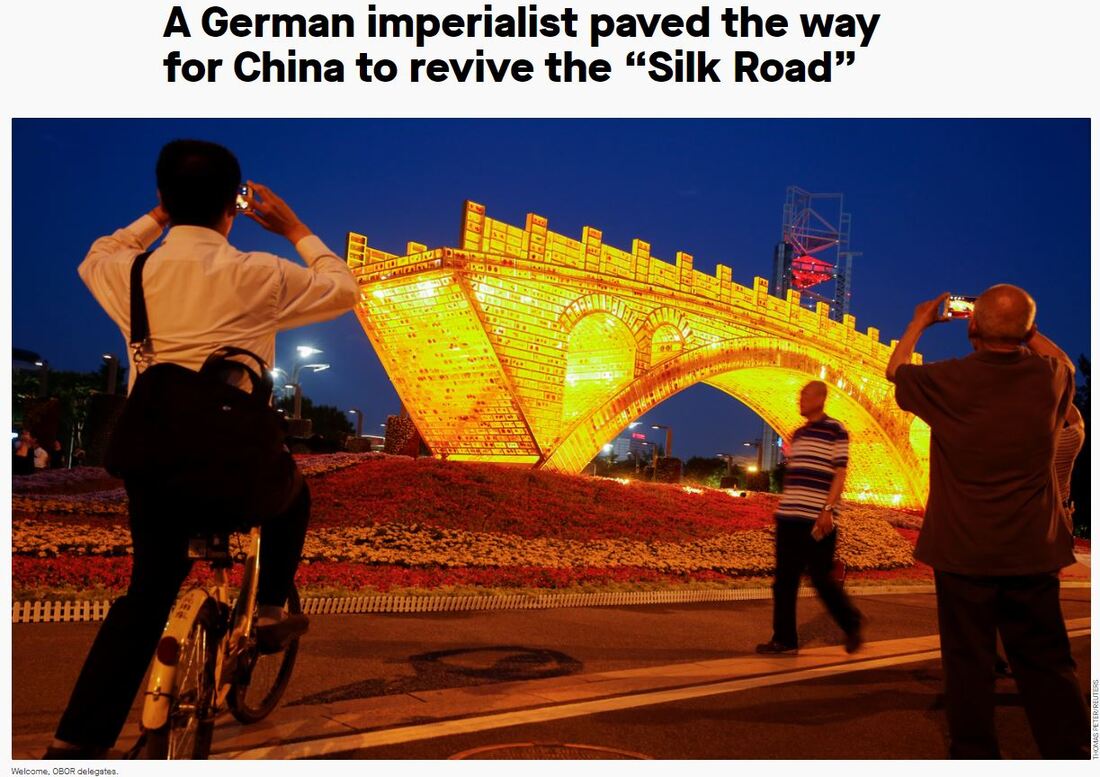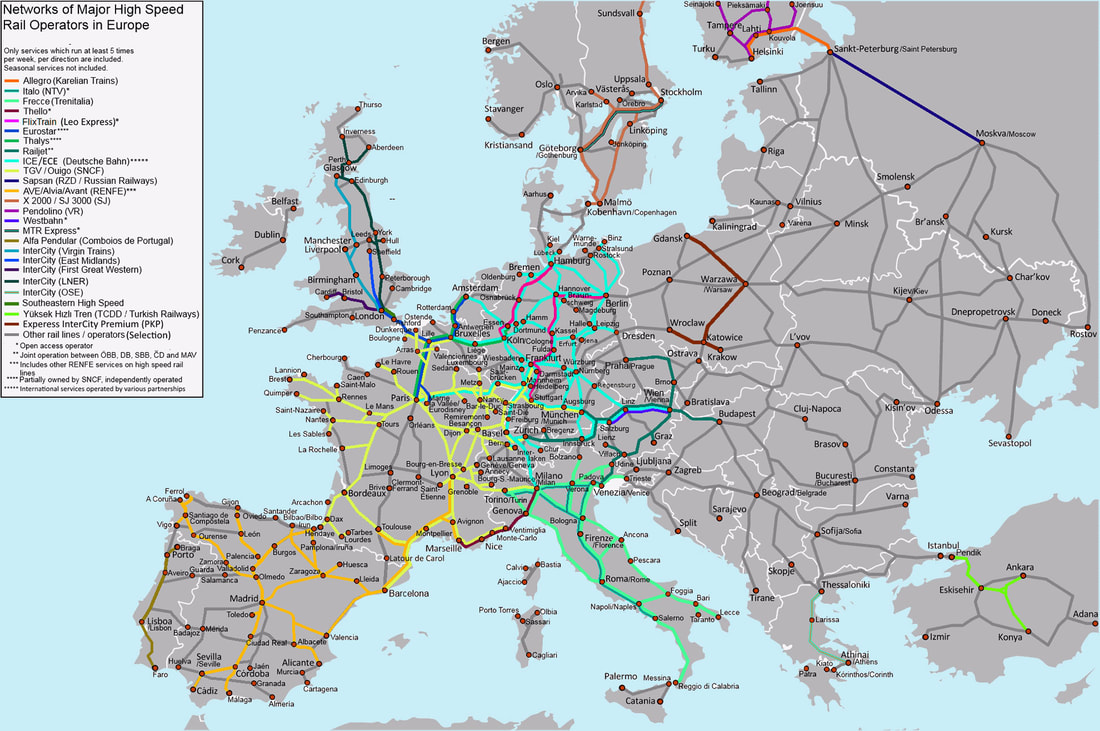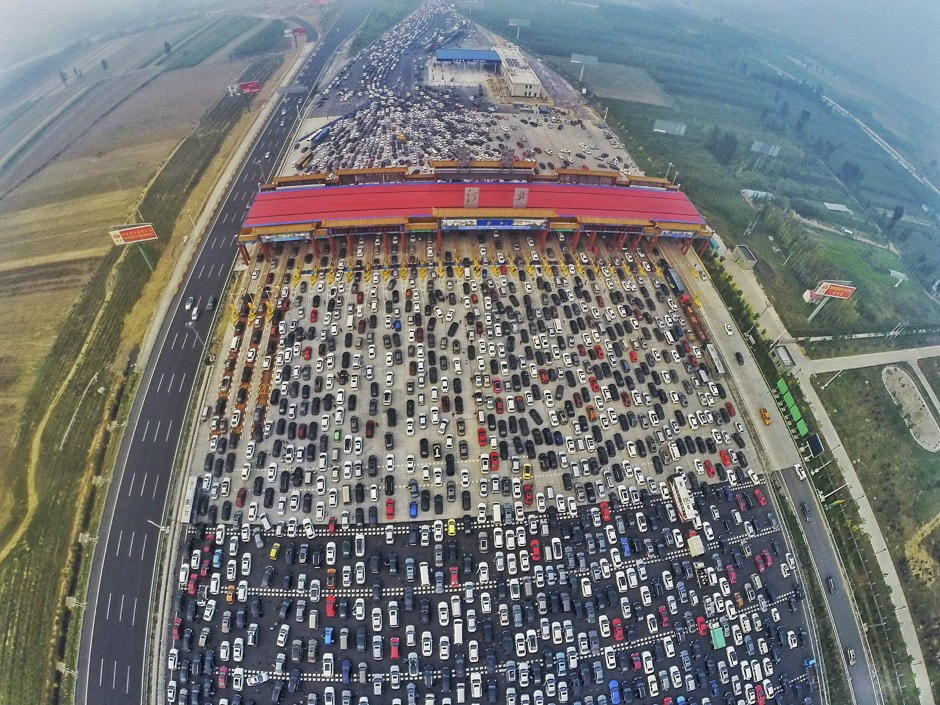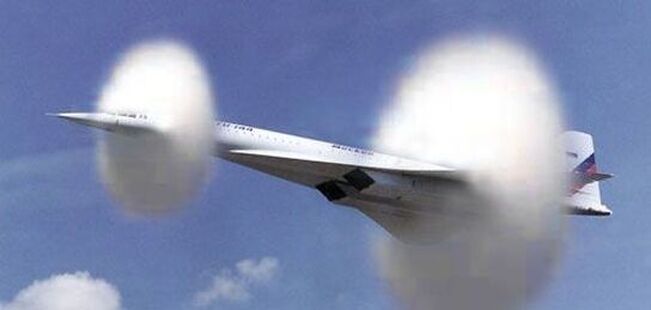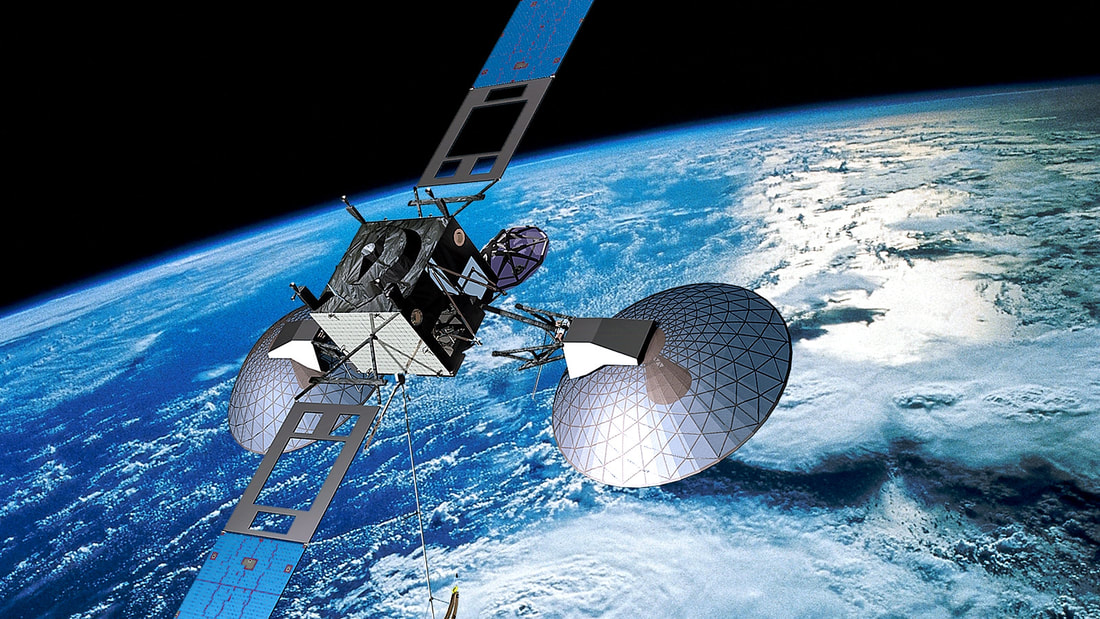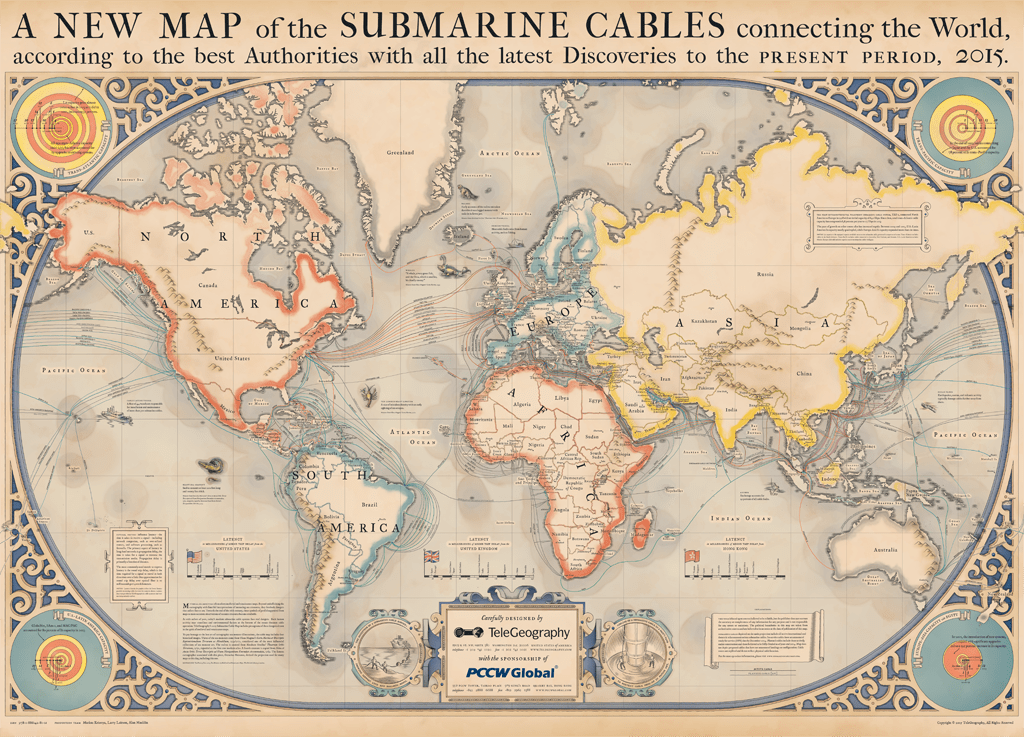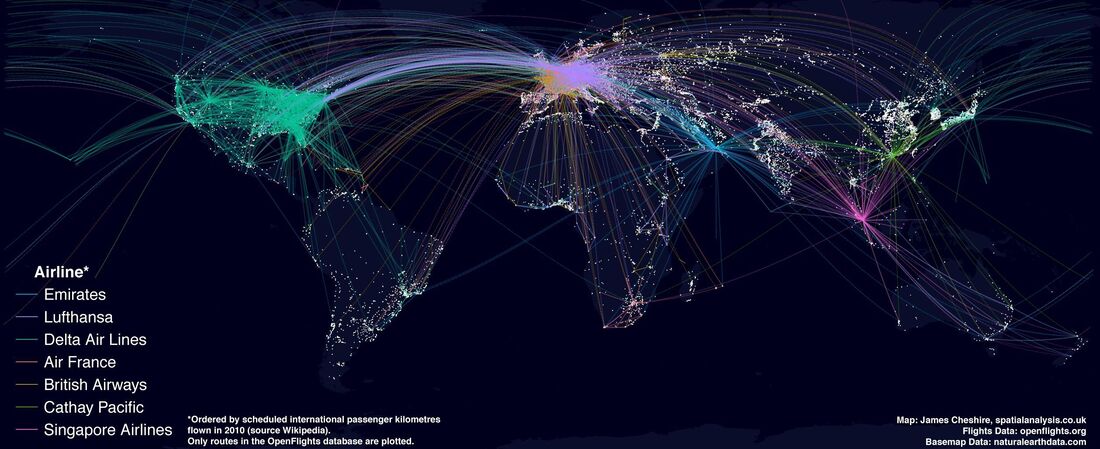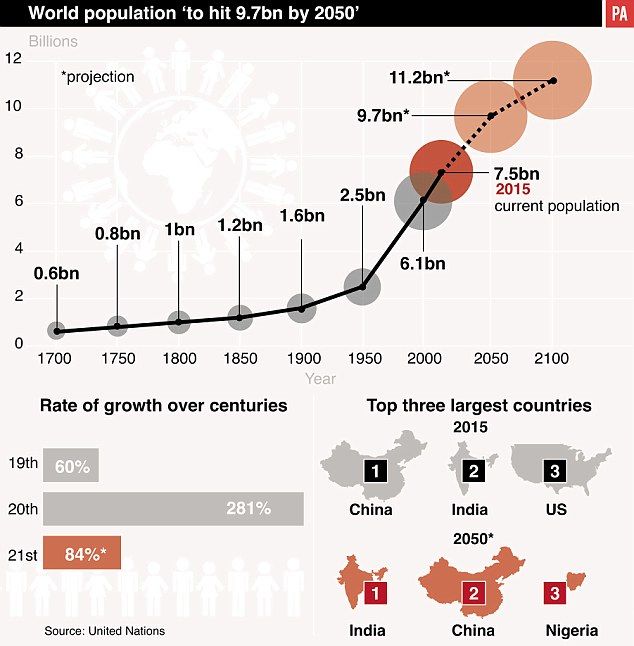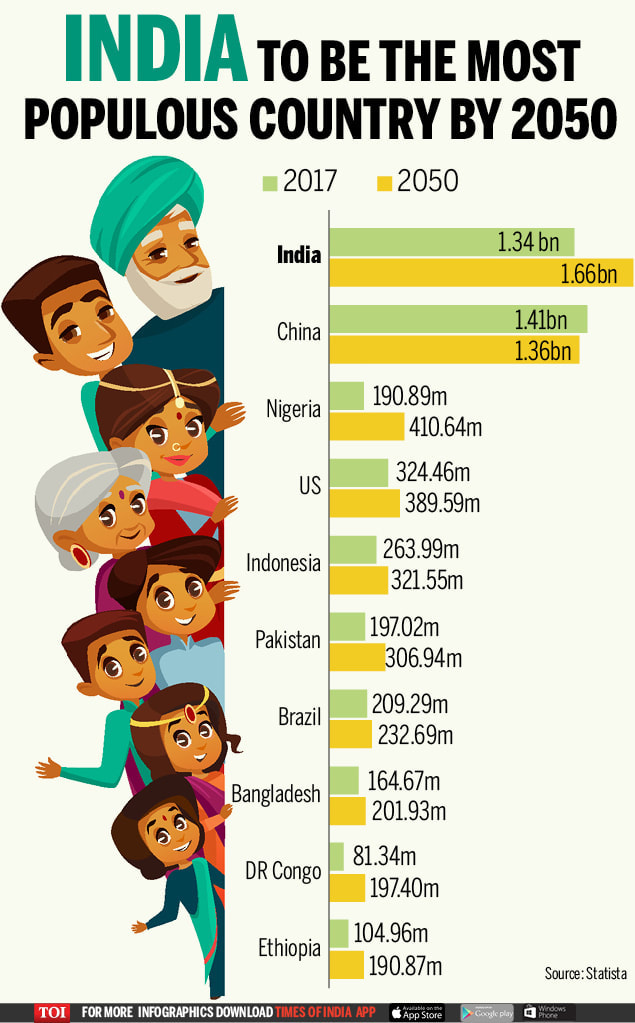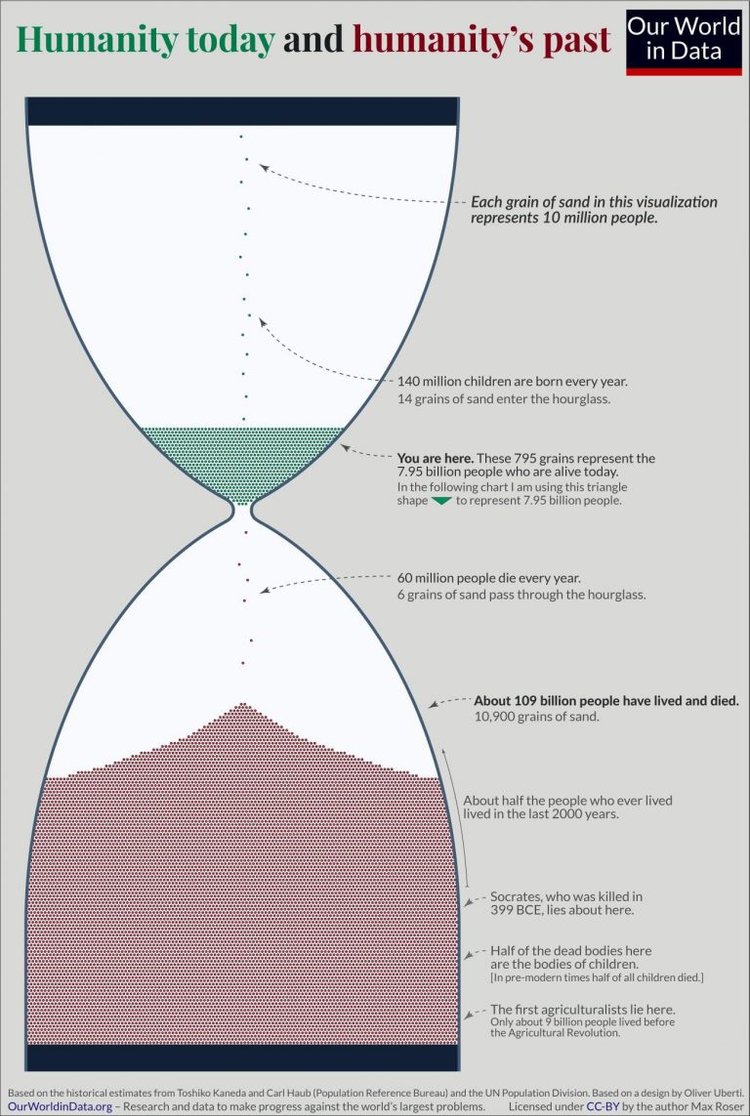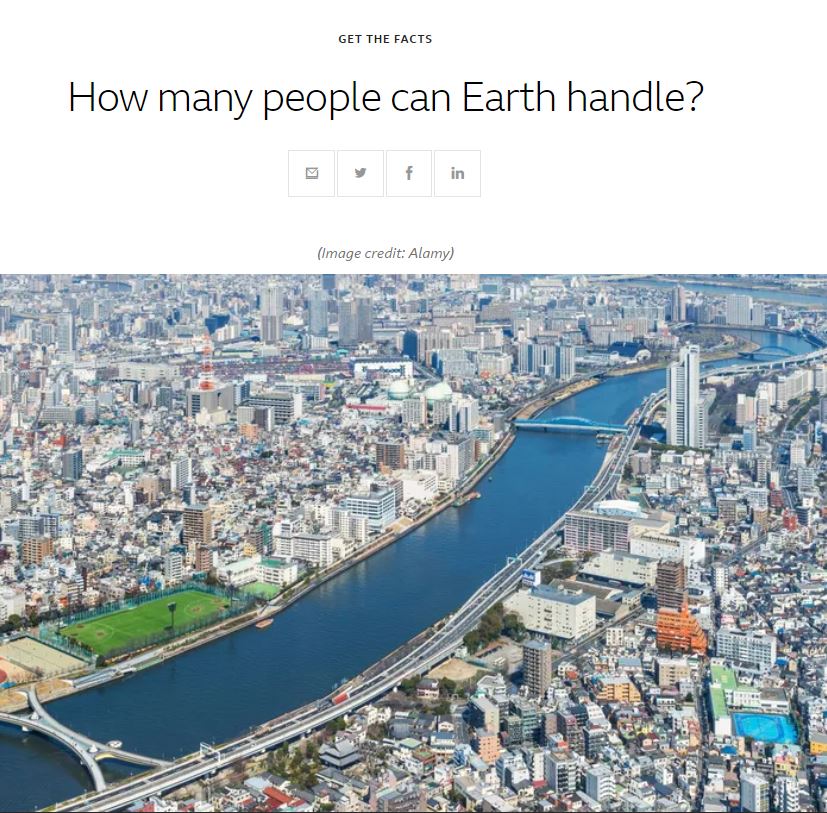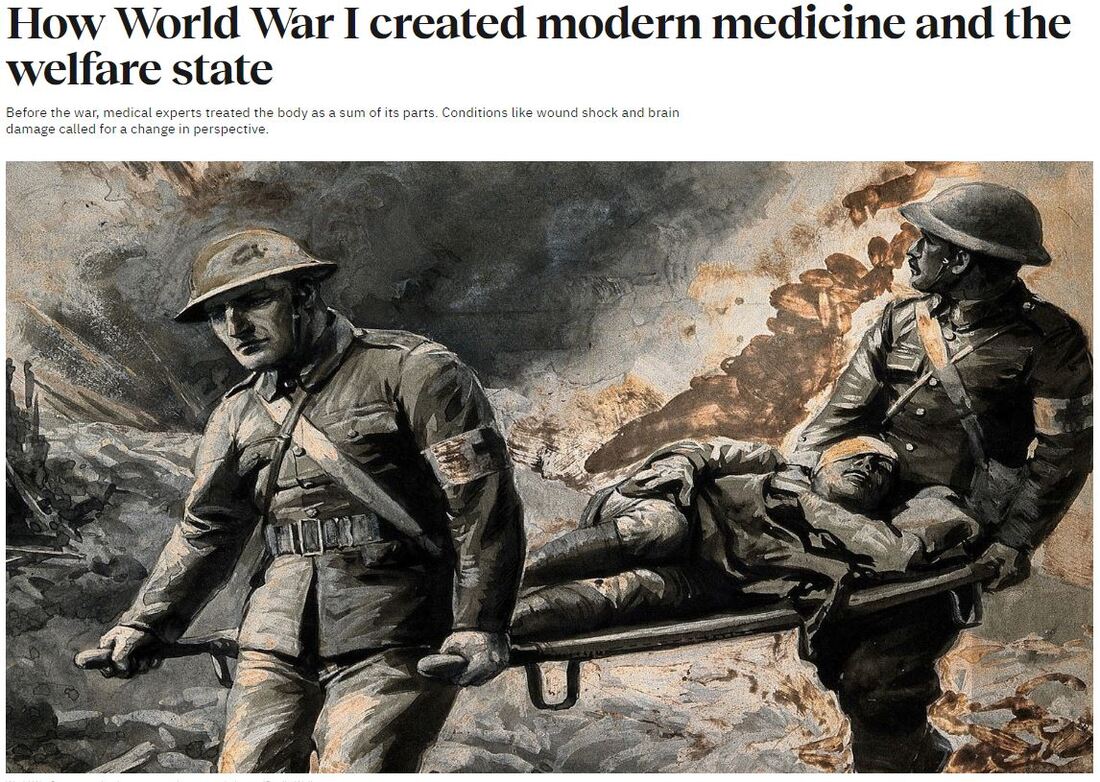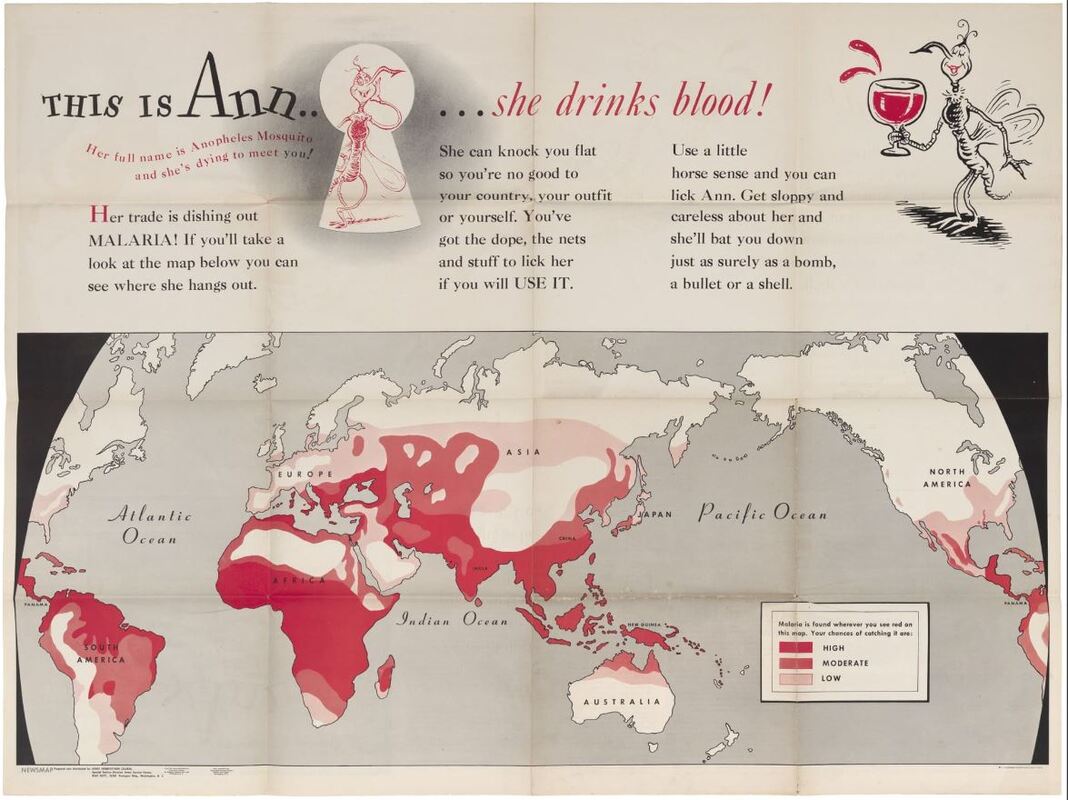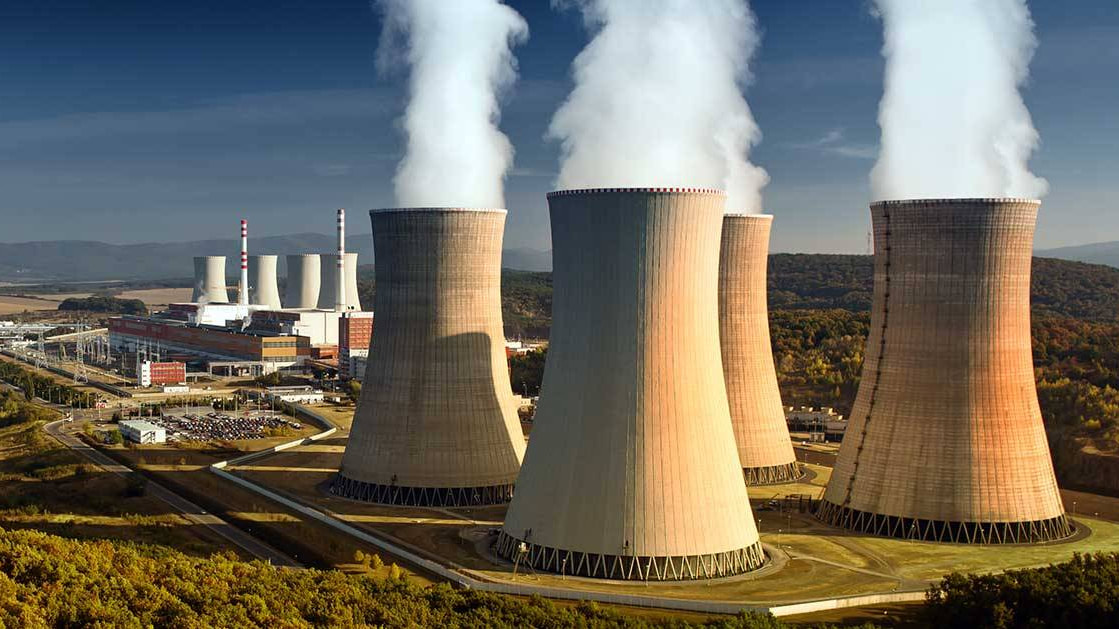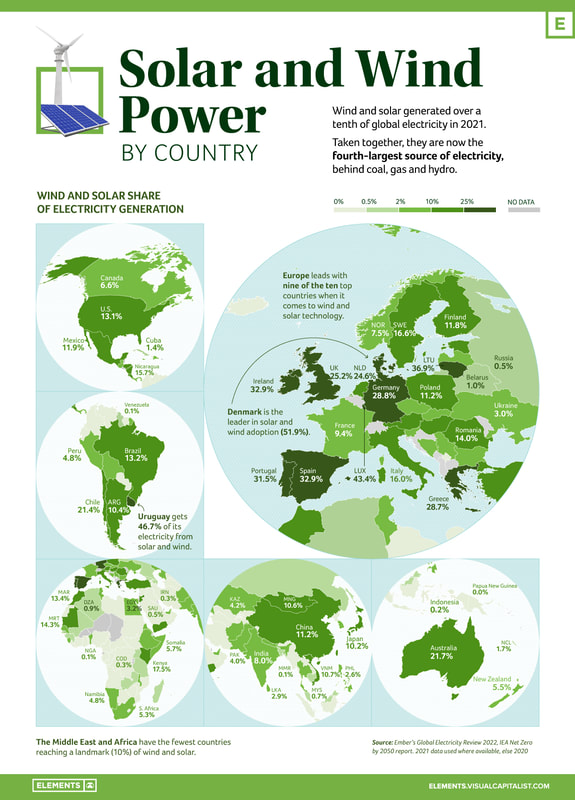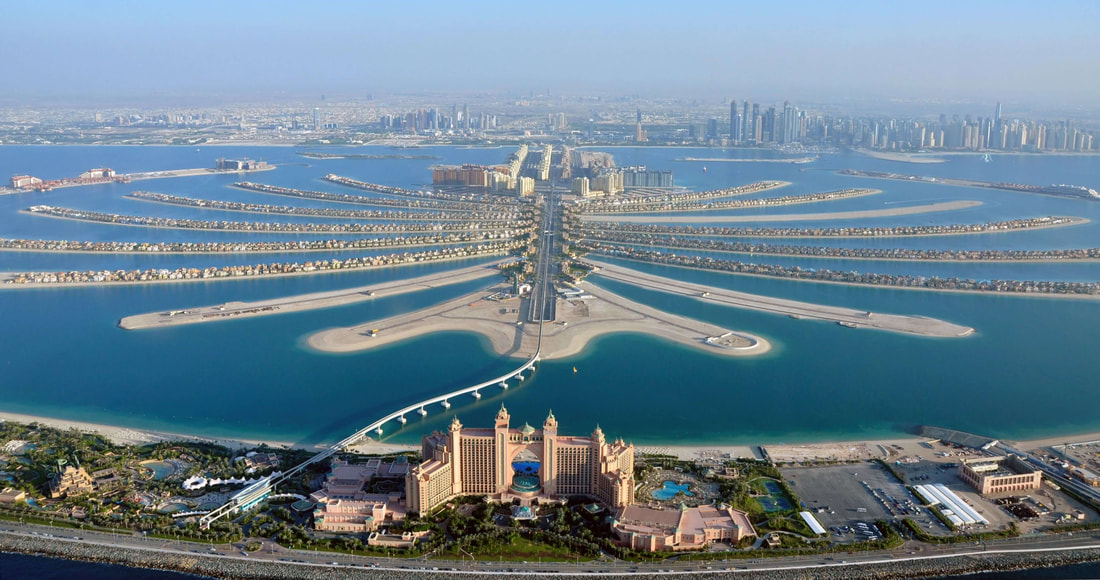Globalization
c. 1900-Today
Contents
Globalization, c. 1900-Today:
Objectives
- Explain how and why globalization changed international interactions among states.
- Explain how and why globalization changed culture over time.
- Explain the continuities and changes in the global economy from 1900 to present.
- Explain the various responses to increasing globalization from 1900 to present.
- Explain how social categories, roles, and practices have been maintained and challenged over time.
- Explain how the development of new technologies changed the world from 1900 to present.
- Explain how environmental factors affected human populations over time.
- Explain the causes and effects of environmental changes in the period from 1900 to present.
International Organizations
|
International Organizations (comprehensive)
International Organizations (abridged)
|
Global Networks
|
national shares of the Gross World Product (GWP), 2019
Taiwan, Singapore, Seoul, and Hong Kong - the Four Asian Tigers - were among the states that experienced post-World War II economic miracles.
|
|
Global Economic and Cultural Networks
Starbucks and McDonald's global footprint, c. 2003. By the early 21st century, fast food corporations were one of the most visible symbols of American Coca-colonization.
|
Global Economic and Cultural Networks (comprehensive)
Global Economic and Cultural Networks (abridged)
|
Global Transportation, Communication and Technology Networks
global shipping routes, c. 1920
|
European high-speed rail network
traffic jam at a checkpoint on the 50-lane wide G4 Beijing-Hong Kong-Macau Expressway in China, 2015
From 1976 to 2003, the supersonic Concorde flew passengers across the Atlantic. With seating for up to 128, wealthy elites traveled from New York to London in a record 2 hours, 52 minutes, 59 seconds, or 1250 mph. Round-trip tickets cost $7,995 in 1997.
A network of satellites orbiting Earth in space relay data transmissions to allow near-instantaneous global communication.
|
Global Transportation, Communication and Technology Networks
In 2021, the massive Ever Given, capable of carrying 20,000 shipping containers, blocked the Suez Canal for six days. Each hour caused an estimate $400 million in shipping delays.
|
A network of fiber optic submarine communications cables carry digital data around the world as shown in this retro-style map from 2015.
routes flown by the top seven airlines by international passenger distance flown, c. 2010
|
Global Transportation, Communication and Technology Networks (comprehensive)
Global Transportation, Communication and Technology Networks (abridged)
|
Modern Food and Medicine
|
Modern Food Production and Human Reproduction
|
Modern Food Production and
Human Reproduction (comprehensive) Modern Food Production and
Human Reproduction (abridged) |
Modern Medicine
Treatment of horrific combat wounds inflicted during the World Wars led to major advances in plastic surgery, prosthetic devices, and antibiotics.
A wartime poster featuring illustrations by Dr. Seuss intended to educate American servicemen of the dangers presented by malaria (1943)
|
Modern Medicine (comprehensive)
Modern Medicine (abridged)
|
Energy and Climate Change
- Energy technologies, including the use of petroleum and nuclear power, raised productivity and increased the production of material goods.
- As human activity contributed to deforestation, desertification, a decline in air quality, and increased consumption of the world’s supply of fresh water, humans competed over these and other resources more intensely than ever before.
- The release of greenhouse gases and pollutants into the atmosphere contributed to debates about the nature and causes of climate change.
Energy
Fossil fuels - oil, gas, and coal - powered humanity's remarkable growth during the 20th century.
|
The harnessing of nuclear energy has been one of humankind's greatest scientific achievements.
Solar and wind power production in 2021
During the 21st century, there has been increased investment in clean, renewable sources of energy, including solar and wind power.
|
Energy
|
|
Energy (comprehensive)
Energy (abridged)
|
Climate Change
The Soviet Union began draining the Aral Sea in the 1960s to irrigate crops.
the man-made Palm Jumeirah island in Dubai, UAE
|
Climate Change (comprehensive)
Climate Change (abridged)
|
